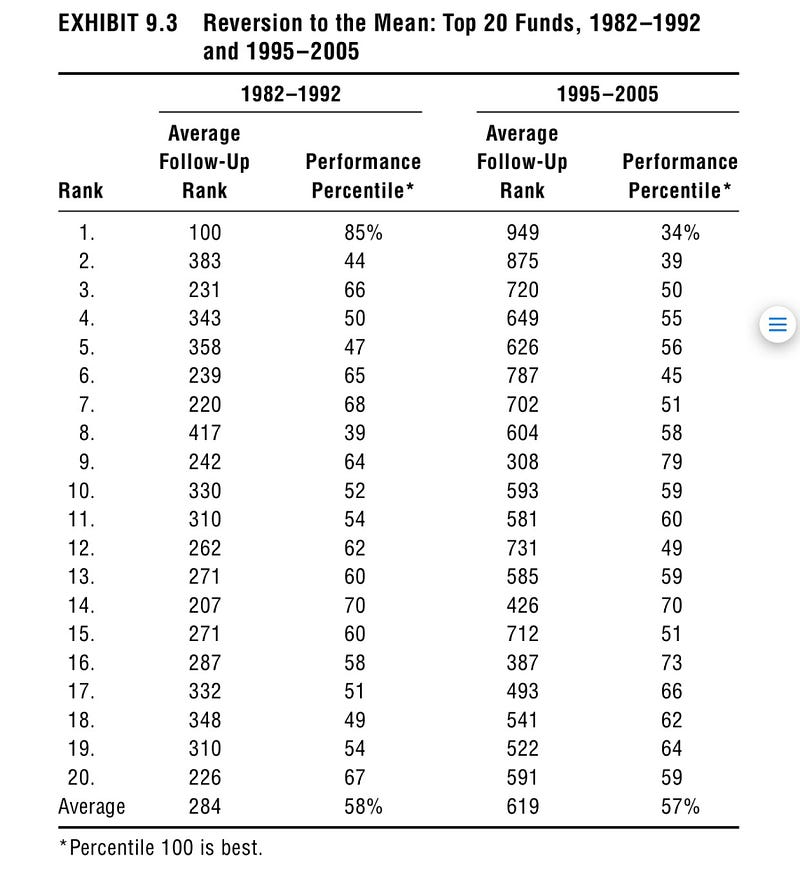I'm prompted to just tell investors to buy ETFs or index fund. But I realized not many investors are aware of the basics and still believe they can beat the market. So here's a simple 101 of stocks.
You own a business when you own a stock
Every stock represents part of a business, and when you buy stock you’re actually purchasing a share of the company. So in the same way that entrepreneurs can own a business outright or split ownership with other partners, as a stockholder, you can own shares of a company.
But while entrepreneurs and partners work day in, day out to manage their business, as a shareholder you don’t have any responsibility for managing the company and can sell your shares whenever you want.
So stocks are effectively pieces of a company, and many companies make their stock available to the public. This is a strategic decision that depends on the size and financial needs of a company. Every business relies on financing, but some entrepreneurs use their own savings while others come up with the initial capital by asking family and friends like the founders of Google did.
As a company grows, its funding often needs to grow with it. Eventually, the company can become so big that it only has two options for how to raise the massive amounts of capital needed to run its daily operations and make investments
- They can borrow money from a bank just like an average person would do to buy a car or a house.
- They can sell ownership of the firm for money.
Take emotions out of the equation
Financial news can create distress. Investing is about keeping calm and going for the long term.
In fact, one of the best times to buy stocks is when investors’ emotions drive down financial markets. Market panic is the best tool to get cheap stocks. Don’t feel a sense of “missing out” when your peers make, let 20%, and you sat out of the deal. There is nothing to panic! Investments is best done when you are calm, and your only counterparty is the market.
Don’t invest an amount you cannot afford to lose. Fear can drive people to make irrational choices.
- When looking at a stock, it’s best to act like a five-year-old and keep asking why.
- Why do people like or need the company’s products in their lives?
- Why do they consume its products?
- How is the company making money?
If you don’t know the answers to these questions, its better off buying the entire index through index funds of ETFs.
Today, financial markets are prone to drastic drops and spikes. These changes can be caused by mood swings prompted by over-excitement and disappointment.









